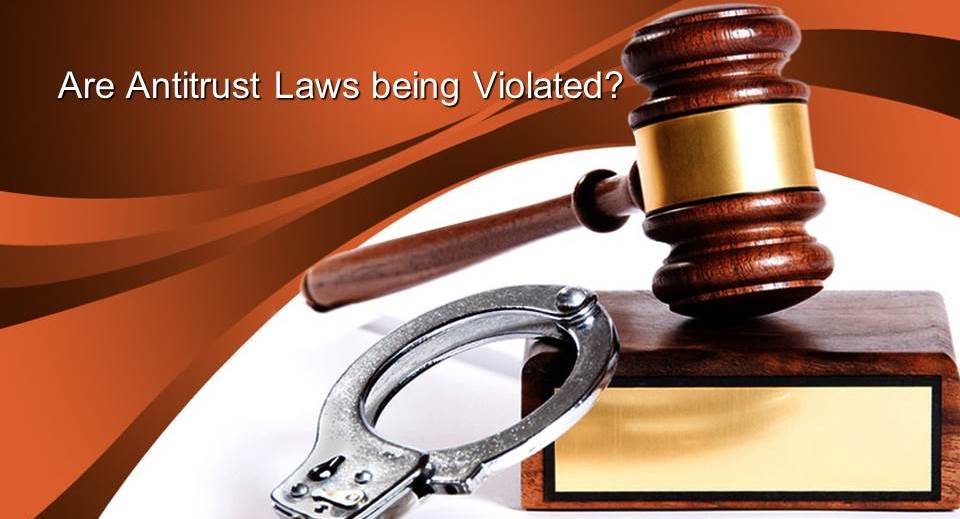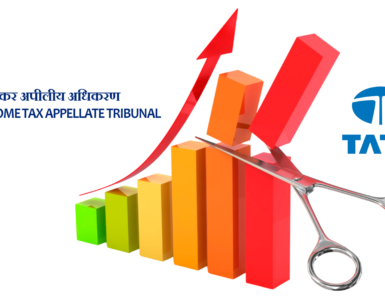TOPIC
Sum received for restraining use of ceased trademark is non-taxable capital receipt
Facts of the Case
Assessed company is engaged in the business of publishing and trading of educational and academic books on its own as well as on behalf of other publishers for which the assessee earns commission.
For the financial year 2007-08 relevant to assessment year 2008-09, the assessee originally filed return of income under S.139(1) of the Act disclosing total income of Rs. 6,18,83,754 under the normal provisions of the Income Tax Act, 1961 and book profit of Rs.6,30,10,217 for the purposes of S.115JB of the Act
Subsequently, the assessee revised the said return declaring total income under the normal provisions of the Act of Rs. 80,56,646 only excluding Rs. 5,38,27,108 being first instalment of total Rs.16,14,81,323 in aggregate on the ground that it is a capital receipt not forming part of the total income, towards impugned settlement received as compensation in terms of settlement agreement dated 22.11.2007 from M/s. Longman Communications Limited, London(LCL) which was confirmed by the court. As per the said agreement present name was not to be used by either party. Assesse can use Orient and The other party can use word Longman
The case was reopened by issuance of a notice under S.148 of the Act on 1.12.2009 on the belief that income has escaped assessment due to revision of return.
The assessee and its associate entities were obliged to cancel or surrender the registration of exiting trade mark after the expiry of some time frame referred as ‘primary period ‘ and ‘secondary period’ as per settlement agreement.
Similarly, the Pearson Group on its part undertook that it shall not use the name ’Longman’ in combination with the name ‘Orient’ or any name confusingly similar to name ‘Orient’ in India or anywhere else in the world.
The Assessing Officer treated such receipt as business income in view of the recently inserted provisions of S.28(va) of the Act.
In reply, the assessee inter alia contended that the consideration was received as per the settlement agreement and vetted by Tomlin order of the Court of U.K. in consideration of restraining the assessee from the use of the name ‘Longman’ and as such, it is a capital receipt not liable to tax at all.
The AO took a view that after the insertion of clause (va) to section 28, the law has changed its course and such receipts are liable to be taxed as revenue receipts. The CIT(A) confirmed the action of the AO.
Question arise
Whether the compensatory sum received in terms of settlement agreement for not using the word ‘Longman’ in the name or trade mark of the assessee was business income or a capital receipt not liable to tax.?
Provision of sec 28 (va)(b)of the Income tax Act,
The following incomes shall be chargeable to income tax under the head “profits and gains of business or profession’ … Va any sum, whether received or receivable, in cash or kind, under an agreement for –
- Not carrying out any activity in relation to any business: or
- Not sharing any know-how, patent, copyright, trade-mark, license, franchise or any other business or commercial right of similar nature or information or technique likely to assist in the manufacture or processing of goods or provisions for services
Applicability of Provision
The ITAT observed that while the Revenue holds that such receipts falls under the provision of section 28(va)(b) of the Act, the case of the assessee is three fold.
- The receipt is not an income to trigger section 28 of the Act.
- The alleged receipt did not arise in the course of trade or business per se and therefore not a business receipt.
- Trade mark is registered in the name of ‘ORIENT LONGMAN’ and when the word ‘ORIENT’ which is integral part of the trademark continues to be available to the assessee for its commercial exploitation as going concern, the question of sharing of trade mark or otherwise does not arise at all. It is the case of the assessee that the trade mark ‘ORIENT LONGMAN’ can neither be used by the assessee nor by the Longman/ Pearson group.
The settlement agreement had not been entered into in the ordinary course of business, therefore compensation received under a negative covenant for impairment of right to use the word ‘LONGMAN’ was in the nature of capital receipt.
To determine the applicability of section 28(va)(b) in the context of the facts of the case assessee, had been restrained from using the word ‘Longman’ by the court from doing so.
Section 28(va)(b) only deals with payment received for not sharing trade mark etc. this would presuppose that the assessee should own the trade mark and for a given consideration, has agreed not to share it with any other person. The word ‘sharing’ postulates there must be someone to use the trade mark. But in this case, the sharing or otherwise is not possible when trade mark itself ceases to exist.
Decision
Hence, in the totality of circumstances, the learned members finally held that the payment received cannot be brought to tax as business income under section 28(va) of the Act. All the appeals of the assessee were allowed.
Date of Pronouncement: 6th July 2016




